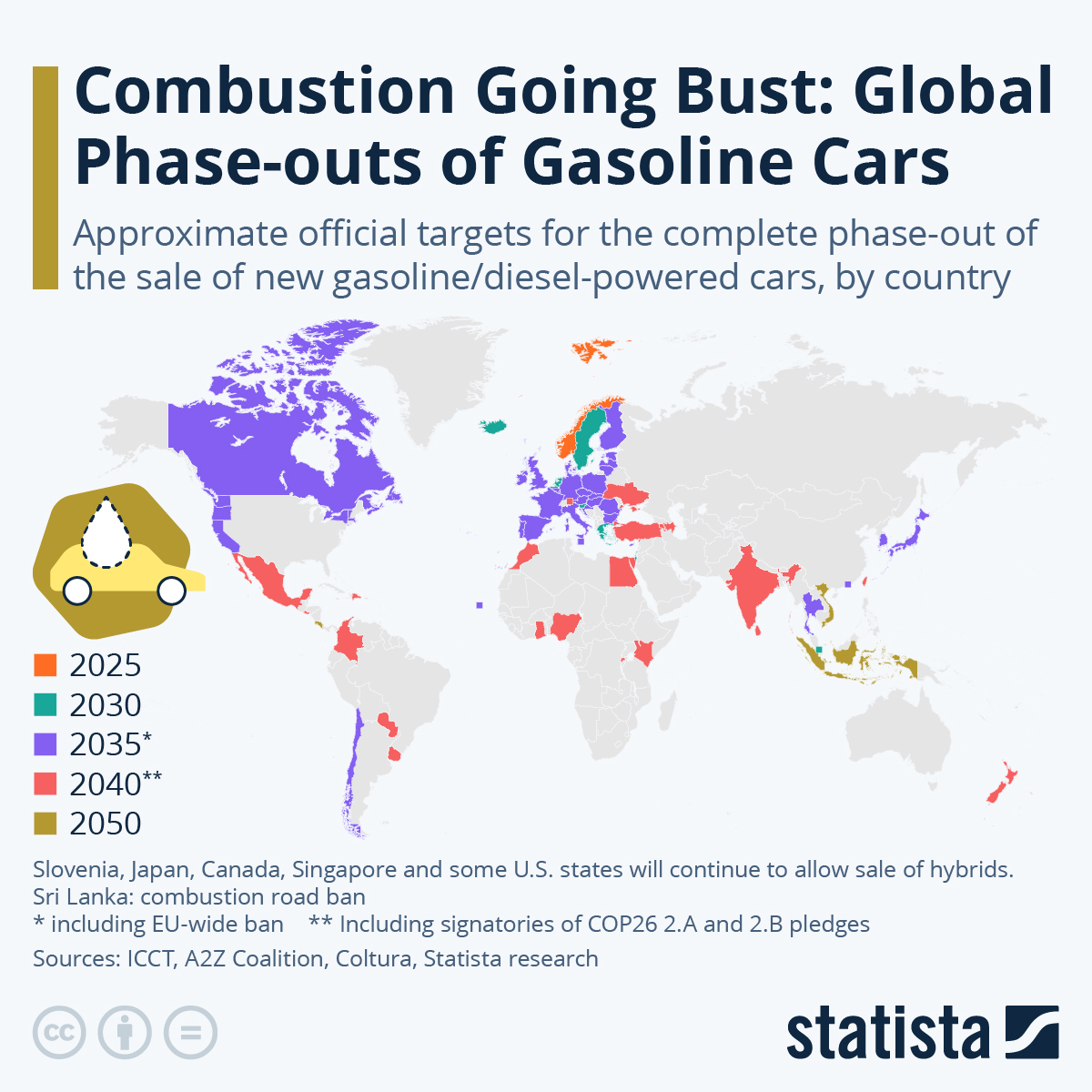Fuck Cars
A place to discuss problems of car centric infrastructure or how it hurts us all. Let's explore the bad world of Cars!
Rules
1. Be Civil
You may not agree on ideas, but please do not be needlessly rude or insulting to other people in this community.
2. No hate speech
Don't discriminate or disparage people on the basis of sex, gender, race, ethnicity, nationality, religion, or sexuality.
3. Don't harass people
Don't follow people you disagree with into multiple threads or into PMs to insult, disparage, or otherwise attack them. And certainly don't doxx any non-public figures.
4. Stay on topic
This community is about cars, their externalities in society, car-dependency, and solutions to these.
5. No reposts
Do not repost content that has already been posted in this community.
Moderator discretion will be used to judge reports with regard to the above rules.
Posting Guidelines
In the absence of a flair system on lemmy yet, let’s try to make it easier to scan through posts by type in here by using tags:
- [meta] for discussions/suggestions about this community itself
- [article] for news articles
- [blog] for any blog-style content
- [video] for video resources
- [academic] for academic studies and sources
- [discussion] for text post questions, rants, and/or discussions
- [meme] for memes
- [image] for any non-meme images
- [misc] for anything that doesn’t fall cleanly into any of the other categories
Recommended communities:
view the rest of the comments

I find the additional weight argument pretty lame considering SUVs and just general size increases have been adding huge amount of weight to cars and noone batted an eye.
Just 30 years ago, the most common cars in Europe, hatchbacks, weighted about 1 ton. Now, the vast majority is SUVs that weigh 1.5-2.5tons, none have lithium batteries.
Oh, and don't get me started on the SUV/pickup craze in the US - look at the weight increase on that vs a European sedan, hatchback or a station wagon - eletric cars are not the problem, this are.
A huge part of that issue in america at least is related to the CAFE standards which basically made it economically unviable to build small and effecient cars. Unfortunately i think american evs will also be bigger and heavier than needed which means they'll need a bigger battery, have a higher cost, remain deadly for pedestrians and take up lots of urban space.
I'm familiar with CAFE standards but US politicians don't seem to have much intent on changing them.
And it is not economically unviable, it is just not as profitable because every other country produces and sells properly sized cars with a profit (except maybe Australia).
The weight is certainly a large factor in the crumbling of infrastructure. A bridge made 50 years ago was engineered based on traffic loads they extrapolated at the time. In the 1980's, there were around 100 million vehicles across the United States. Today, that number has nearly tripled.
Combine a tripling of the number of vehicles with the increasing average weight - sedan or not - and that's a much larger number than a lot of infrastructure was designed to handle. As a result, roads and bridges are degrading faster and faster.
This is a primary factor in the push to get people into smaller vehicles, which weigh less. As FireRetardant pointed out, CAFE makes this difficult as manufacturers are heavily incentivized to make these longer wheelbase vehicles. Which, surprise surprise, weigh more.